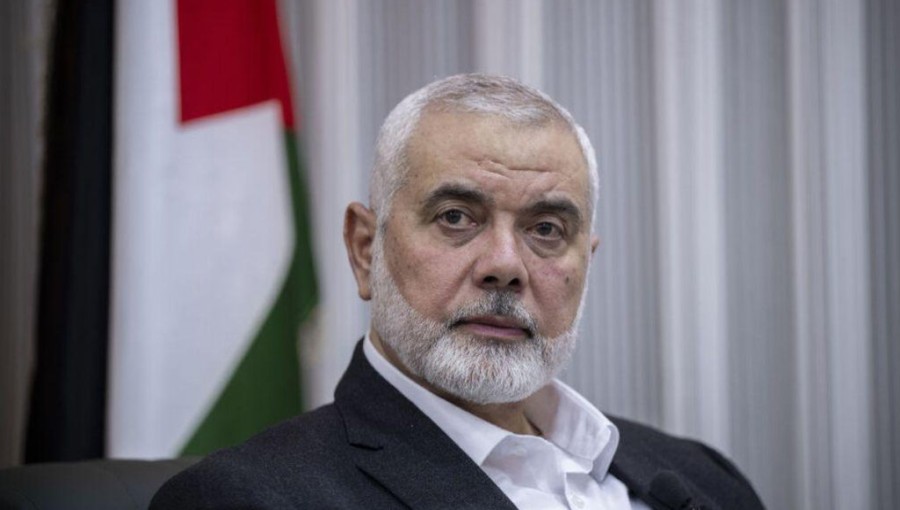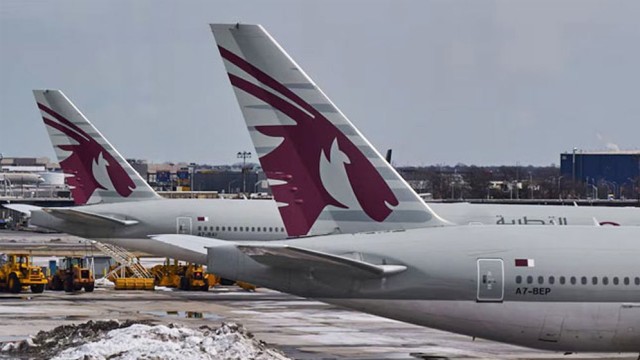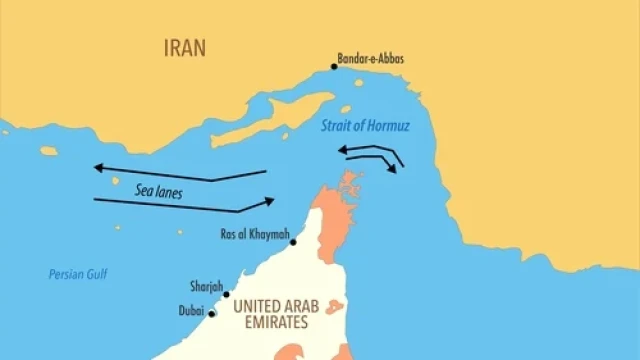Ismail Haniyeh, the political head of Hamas, was assassinated during a visit to Iran, sparking widespread international condemnation and raising serious questions about regional security. The incident occurred in Tehran, a city typically considered a safe haven for leaders opposed to Israel, leading to global speculation about how such an operation could have been carried out.
Former UK national security adviser Lord Peter Ricketts remarked on the assassination as a demonstration of Israel's capability to execute operations beyond its borders. Despite widespread suspicions, Israel has not officially commented on the incident. Prime Minister Benjamin Netanyahu has previously expressed a desire to eliminate Hamas leaders, but the extent to which this reflects a direct admission remains unclear.
International reactions have been swift and strong. Qatar's foreign ministry condemned the killing "in the strongest terms," warning that it could plunge the Middle East into chaos and undermine peace prospects. An Iranian National Security Council member suggested that Iran would not remain silent on Haniyeh's death and promised a fitting response. Iran's Revolutionary Guards convened an emergency meeting, though they have not yet released an official statement.
Expediency Council member and former IRGC commander-in-chief Mohsen Rezaei issued a stern warning, suggesting that Israel would "pay the ultimate price" for the assassination. Rezaei criticized the operation as a miscalculation that would not intimidate Palestinians but instead worsen the situation.
Hamas leaders, including Musa Abu Marzouk and Sami Abu Zuhri, have condemned the assassination and vowed to continue their resistance. They described the killing as cowardly and stated that it would not deter their efforts to liberate Jerusalem. Hamas has declared Haniyeh a martyr in the aftermath of the killing.
World leaders have universally condemned the assassination. Türkiye criticized the act as evidence that Israel does not seek peace. Russia labeled the assassination politically unacceptable and warned that it could escalate violence in the Middle East.
The assassination has intensified the already volatile situation in the region, casting uncertainty over the future for Palestinians in Gaza and the broader Middle East. The event has heightened tensions and could lead to significant geopolitical ramifications in the coming days.































Comment: